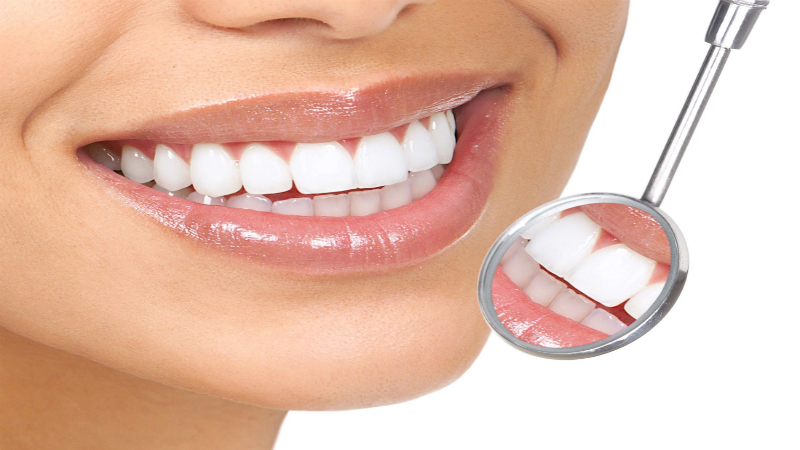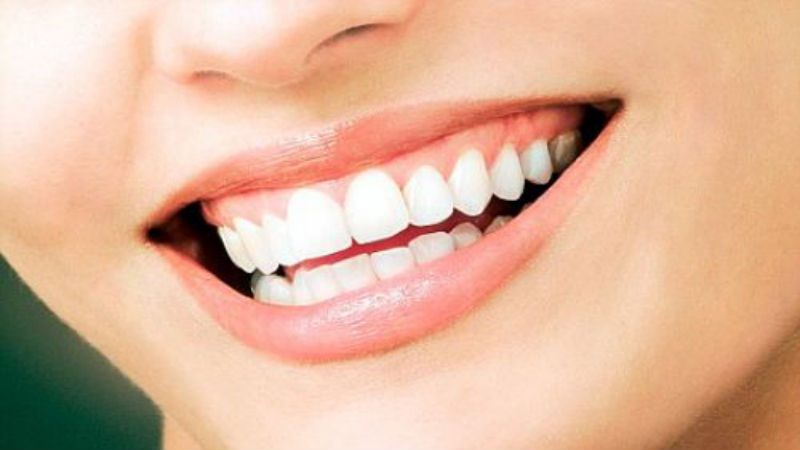In most cases, a general dentist is all you’ll need to maintain your oral health. However, if you develop gum disease, you may need to see a specialist. A periodontist is a dental professional that treats gum diseases, including gingivitis. Therefore, if you care for your teeth appropriately, you may never have to see one. However, some people do everything right, but they have poor genes, which means they may still develop the disease.
Brushing/Flossing
Your dentist probably tells you this all the time, but flossing and brushing are important. While most adults do brush their teeth at least once a day, it is recommended to do so twice and do it properly each time. However, most adults do not floss at all or may do so a week before their scheduled dental appointment. Dentists can tell if you floss regularly, so it’s best to do so.
Otherwise, you run the risk of developing gum disease because of the tartar and plaque build-up on the teeth and gums.
Toothbrush Replacement
The periodontist at National Periodontics may need to be called if you never replace your toothbrush. It is recommended to throw it away every two to three months, or after you’ve been sick. However, most people have the same brush for years. You may require periodontal treatment because the brush is filled with bacteria: if it’s over a few months old, make sure you replace it.
Diet
Most people eat too much sugar, and this can cause severe problems for your teeth. While regular check-ups and brushing can keep the plaque and tartar at bay, your diet could cause a problem with your teeth. Likewise, you may not be getting enough vitamins and minerals, which can cause gum disease and other medical conditions.









